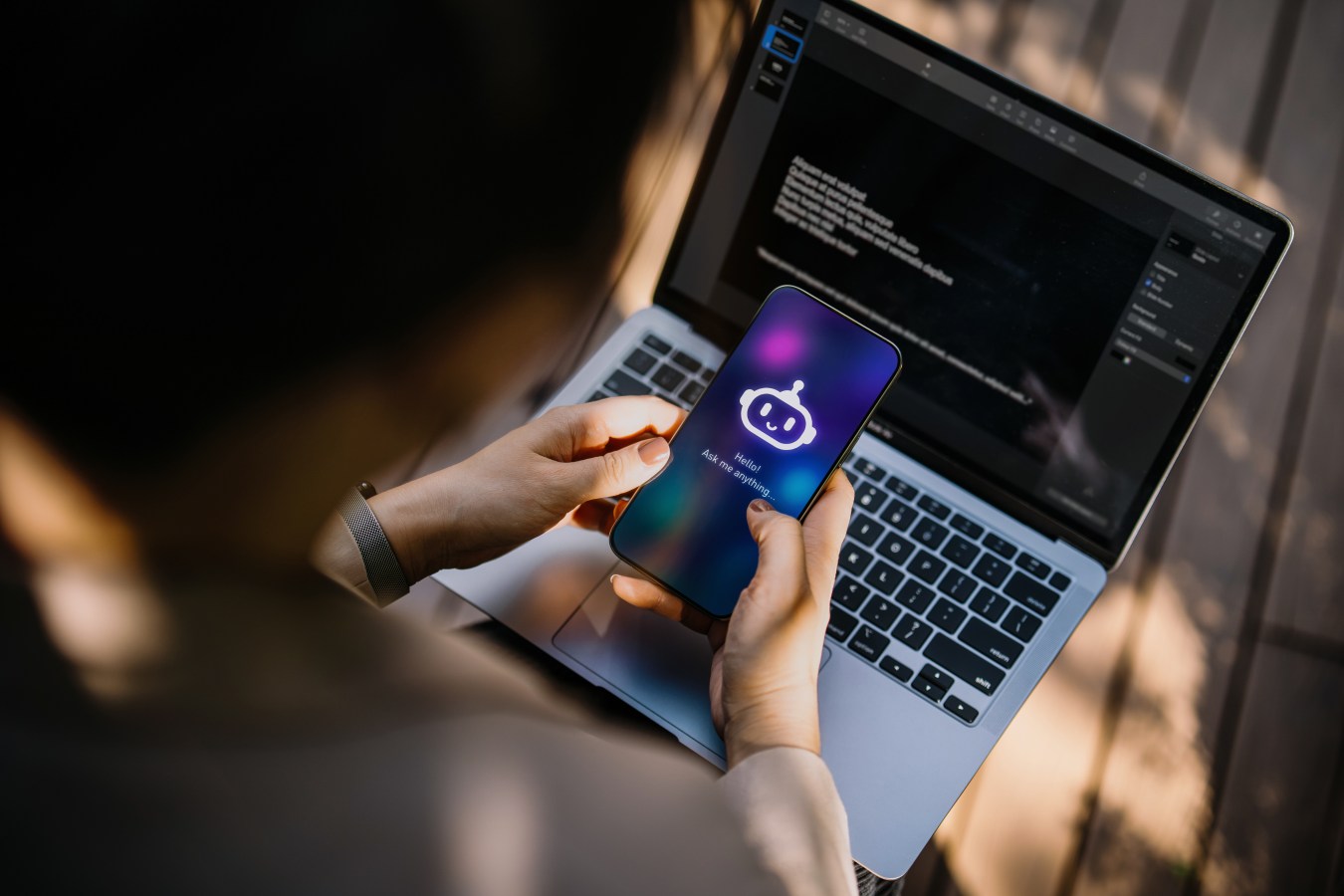The lawyer for a man suing an airline in a routine personal injury suit used ChatGPT to prepare a filing, but the artificial intelligence bot delivered fake cases that the attorney then presented to the court, prompting a judge to weigh sanctions as the legal community grapples with one of the first cases of AI “hallucinations” making it to court.

Key Takeaways
- Earlier this year, Colombia-based Avianca Airlines sought to dismiss a federal court case in which a man, Roberto Mata, alleged he was “struck by a metal serving cart” onboard a 2019 flight and suffered personal injuries.
- When filing a response, Mata’s lawyers cited at least six other cases to show precedent, including Varghese v. China Southern Airlines and Shaboon v. Egypt Air—but the court found that the cases didn’t exist and had “bogus judicial decisions with bogus quotes and bogus internal citations,” leading a federal judge to consider sanctions.
- A member of Mata’s law team then revealed he had used ChatGPT to conduct legal research for the court filing that referenced the cases and that the artificial intelligence tool assured him the cases were real.
- Steven Schwartz—the lawyer who used ChatGPT and represented Mata before the case moved to a court where he isn’t licensed to practice—signed an affidavit admitting he used the AI chatbot but saying he had no intent to deceive the court and didn’t act in bad faith, arguing that he shouldn’t be sanctioned.
- Schwartz later said in a June 8 filing that he was “mortified” upon learning about the false cases, and when he used the tool he “did not understand it was not a search engine, but a generative language-processing tool.”
- The lawyer explained that he hadn’t used ChatGPT for legal research before and had learned of the technology “from his college-age children,” adding that he read articles about the benefits of AI in professional settings and how the tools “could make legal research obsolete.”
- Schwartz’s lawyers declined to comment, and Forbes has reached out to representatives for Avianca.
Tangent
The use of ChatGPT was discovered after Avianca’s lawyers couldn’t find some of the court documents for the cases to which Mata’s team referred, and filed a request asking for more information on them.
Schwartz then went back to ChatGPT to get copies of the case documents, still believing it was a search engine, and handed them over to Mata’s other attorney Peter LoDuca, Schwartz’s attorneys explained in court filings. When reviewing the documents provided, New York-based federal Judge P. Kevin Castel determined the cases were fake, and announced that the court was facing an “unprecedented circumstance” and would consider imposing sanctions.
What To Watch For
New York-based federal Judge P. Kevin Castel ordered Schwartz and Mata’s other attorney Peter LoDuca to appear for an in-person hearing on Thursday at noon to explain why they shouldn’t face sanctions for citing “non-existent cases.” Castel is expected to determine whether sanctions were warranted or if the punishment Schwartz and his law firm say they’ve already faced—accusations of fraud and irreparable damage to their reputations—is adequate, but no decision was made during the hearing, according to a reporter for Courthouse News.
Reporter Josh Russell said the judge gave a “stern acknowledgement” and suggested he could still impose sanctions.
Crucial Quote
When arguing that sanctions would “serve no purpose” in their filing ahead of the sanctions hearing, Scwhartz’s team wrote: “Mr. Schwartz and the Firm have already become the poster children for the perils of dabbling with new technology; their lesson has been learned.”
Key Background
ChatGPT—an artificial intelligence-powered chatbot by OpenAI—soared in popularity earlier this year once it became widely available, though with its rise came concerns about its capabilities. Students have admitted to using AI to do homework and politicians have begun using artificially created images in campaign ads, but concerns are high that the technology to alter images or draft text with AI is advancing beyond human ability to detect fakes, which could lead to more distrust in society.
In day-to-day life, chatbots like ChatGPT or Google’s Bard are risky because of their ability to make up information or incorrectly draw from their knowledge bases and give false information to users, like what happened to Schwartz, who was assured the cases given to him were real by ChatGPT.
These platforms and their algorithms are trained on existing databases of images or text and taught to generate answers based on the database, but they often conflate information or create false answers to questions.
The Verge compared ChatGPT, Microsoft’s Bing chatbot and Google’s Bard and found some were better than others, but still described all of them as “fuzzy, in more ways than one.”
In the legal field, New York-based startup DoNotPay created an AI-based way for people to contest traffic tickets—a user would wear smart glasses that would feed it information to say in court generated by AI—but before the creator could introduce it in court, he said he got threats from multiple bar associations about “unauthorized practice of law,” NPR reported.
Surprising Fact
Though the Southern District of New York Court will decide what to do in response to Schwartz’s use of ChatGPT, one court elsewhere in the country has already taken action in response to the situation. One federal judge in the Northern District of Texas issued a standing order in late May after Schwartz’s situation was in headlines that anyone appearing before the court must either attest that “no portion of any filing will be drafted by generative artificial intelligence” or flag any language that was drafted by AI to be checked for accuracy. He wrote that while these “platforms are incredibly powerful and have many uses in the law,” briefings are not one of them as the platforms are “prone to hallucinations and bias” in their current states.
This article was first published on forbes.com and all figures are in USD.


